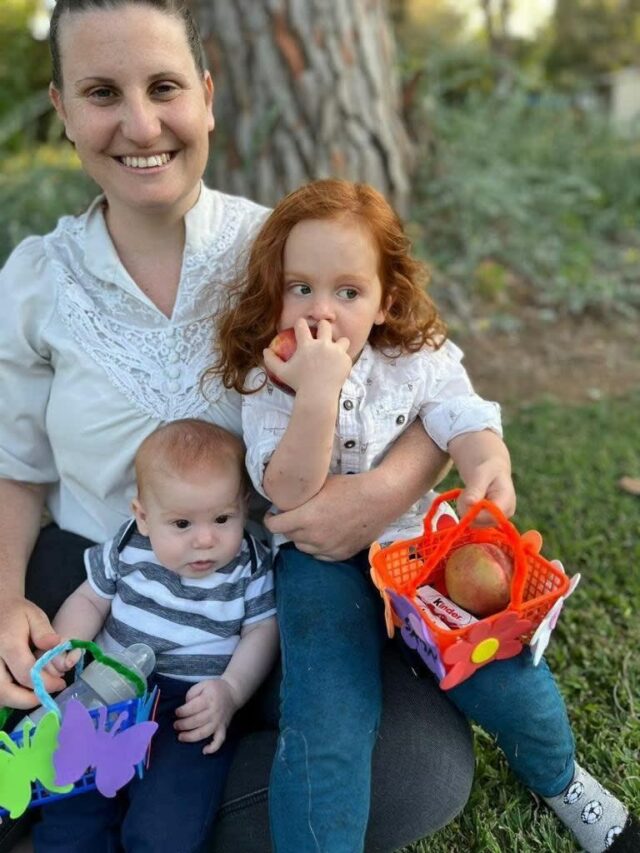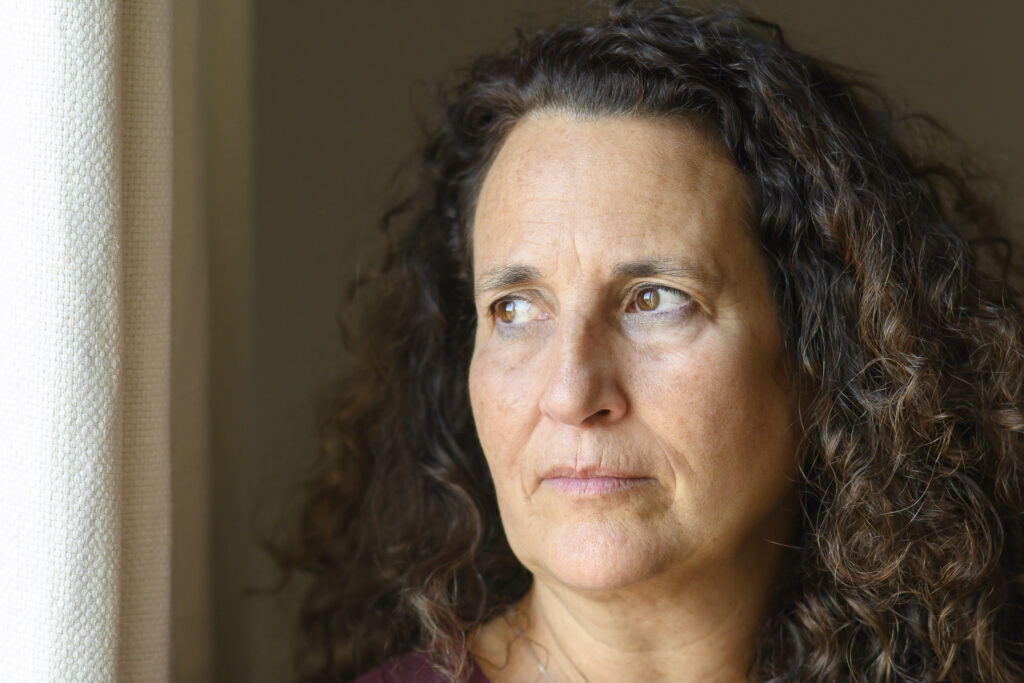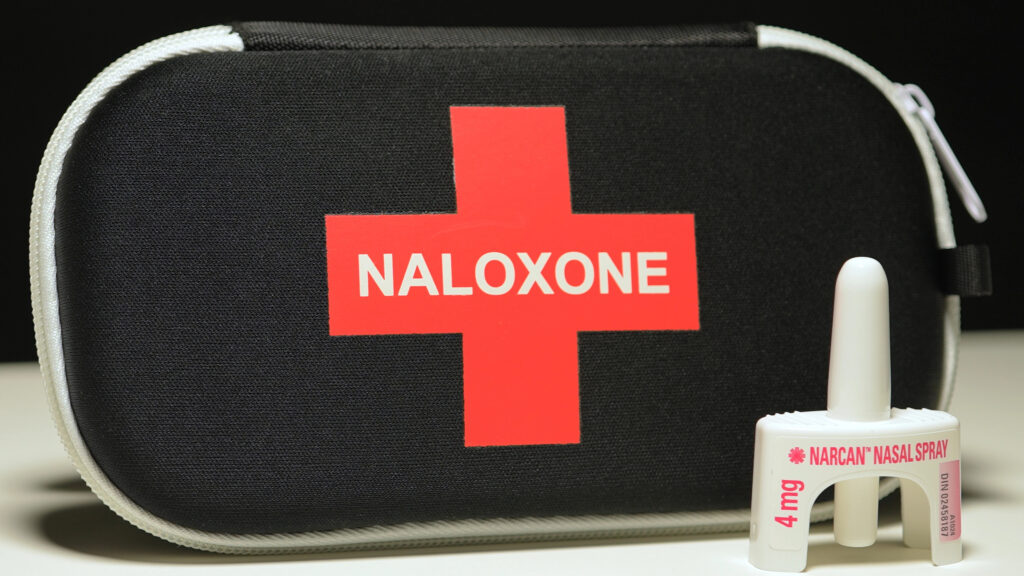Therapy Isn’t What You Think It Is
Exposing Common Myths About Mental Health
Paulette Didia, Psy.D.
Mental health is just as important as physical health, yet so many misconceptions surround it—especially when it comes to therapy. Some believe therapy is only for people in crisis, while others think it is simply “talking about feelings” with no real benefit. Believing these myths can prevent people from seeking the help they need. Whether you’re considering therapy for the first time or just want to challenge outdated beliefs, it’s time to set the record straight!
Myth: Going to therapy means I am weak.
Fact: Therapy is a courageous step toward self-improvement. Seeking therapy is not a sign of weakness; it’s an act of strength. It takes courage to acknowledge that you need support and to take proactive steps to improve your mental health.
Myth: I don’t need therapy. Things are going pretty well.
Fact: Things may be going well, but could they be even better? You might have a good job, a supportive spouse, and happy kids, but therapy can help you explore how to make life even more fulfilling. One common barrier to seeking therapy is a lack of self-awareness—we often get in our own way without realizing it.
Myth: Therapy is just a stranger telling me what to do.
Fact: Therapy is not about giving advice or telling you what to do. Therapy does not impose decisions on you—it empowers you to explore all your options and make the best choices for yourself.
Myth: Seeking therapy means I am questioning my relationship with Hashem.
Fact: Therapy and Torah are not mutually exclusive. Having emunah (faith) and trusting in Hashem does not mean ignoring one’s mental health. Bitachon (trust in Hashem) encourages us to take action to improve our lives. The pursuit of mental health is an extension of taking care of the whole person—body, mind, and soul—and can ultimately strengthen one’s connection to Hashem.
Myth: A therapist will share everything I say if they know my family.
Fact: Confidentiality is a fundamental part of therapy. Breaches in confidentiality are not only unethical but also illegal. Therapists are bound by strict laws that prevent them from revealing anything you discuss in a session. Even when working with children, the therapist’s role is to collaborate with parents to help the child, not to disclose everything shared in therapy.
Myth: Going to therapy will affect my marriage prospects.
Fact: Therapy doesn’t have to affect your reputation. Improving your mental health can actually make you more emotionally available, self-aware, and better equipped for healthy relationships.
Myth: Couples or pre-marital therapy will create more problems and ultimately lead to divorce.
Fact: Therapy can help couples at any stage of the relationship by improving communication, fostering understanding, and addressing underlying issues before they escalate. It provides tools for resolving conflicts in a healthy way and can strengthen the foundation of a relationship, ultimately reducing the risk of divorce.
Myth: If you’re struggling emotionally, you should just turn to family, friends or rabbis instead of seeking a professional therapist.
Fact: Family and community support are valuable, but they are not substitutes for professional therapy. Therapists provide specific tools and mental health expertise that family and friends may not be able to offer. Just as one wouldn’t ask their mechanic to perform their open-heart surgery, therapy offers a specialized skill set for mental health challenges that others may not be equipped to give.
Myth: After a few therapy sessions, all my child’s issues will be permanently resolved, and they won’t need therapy again.
Fact: Therapy is a gradual process of growth. Just as our children’s physical needs change over time, so do their emotional needs. Therapy can help both children and adults navigate new life stages and their stressors.
Myth: I don’t want my child medicated.
Fact: Medication is not always the first solution. Therapists use various methods to help individuals, and medication is only one option. Ultimately, medication is your choice, not a prescription from the therapist.
Myth: I can manage the whole summer living with my in-laws and their comments of how I should be raising my kids.
Fact: Therapy can help you navigate difficult relationships. Living with family can be challenging, especially when dealing with unsolicited advice. Therapy helps you manage stress and build healthier ways to cope with challenging family dynamics, including setting boundaries.
Challenging these common myths about therapy is the first step toward taking charge of your mental health and well- being. Therapy isn’t something to fear or avoid—it’s a powerful tool that can improve your emotional resilience, relationships, and overall quality of life. Whether you’re working through a specific challenge or simply looking to enhance your well-being, therapy can provide the support and guidance you need, without compromising any of your religious beliefs or values.

Dr. Paulette Didia is a licensed clinical psychologist and the founder of Making Meaning Psychology, a new private practice dedicated to breaking the stigma of therapy within our community. We work with individuals of all ages, couples, and families to help navigate life’s challenges, big or small, with care. If you are ready to explore how therapy can work for you, reach out today to schedule a free consultation.






















































